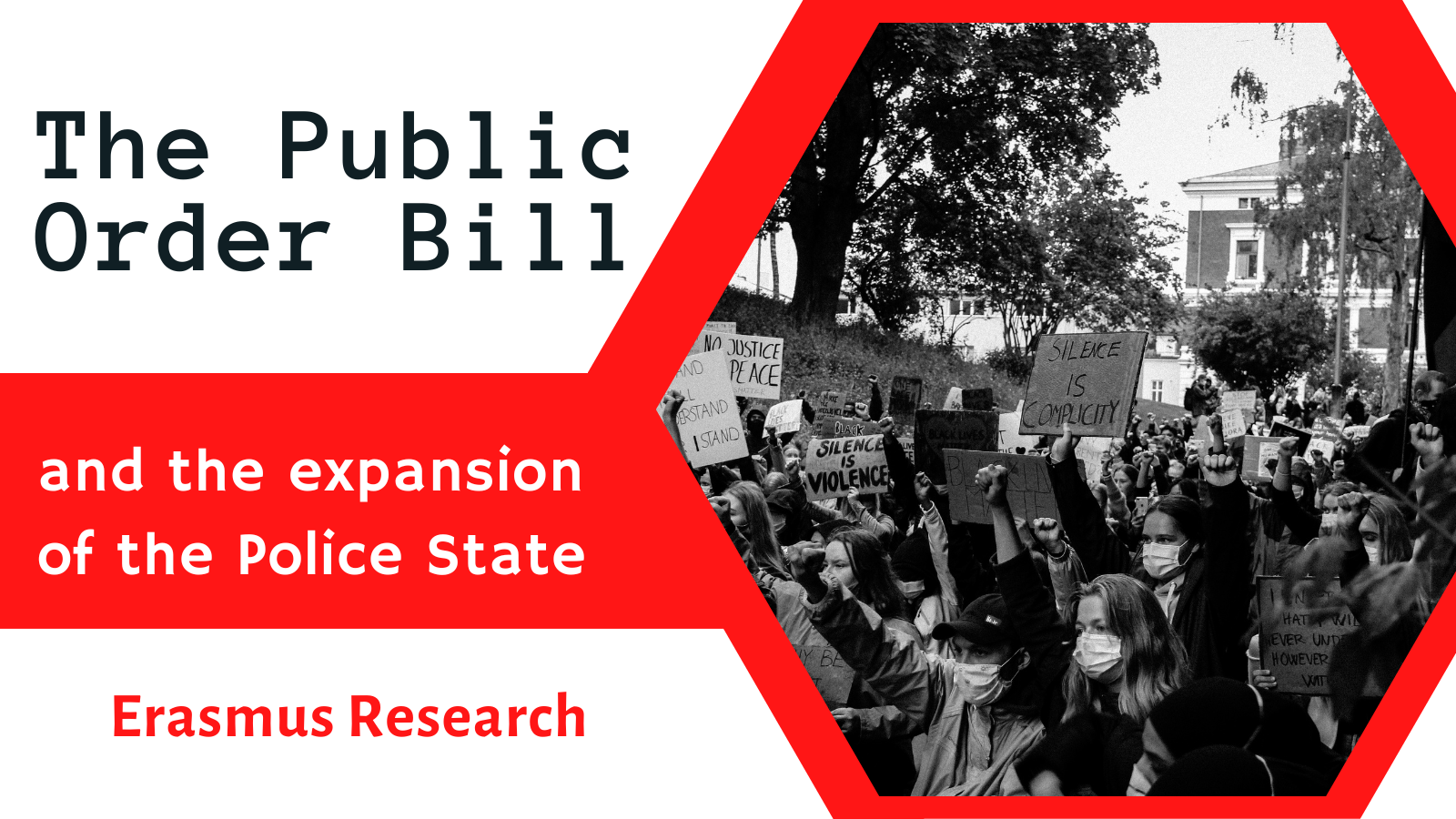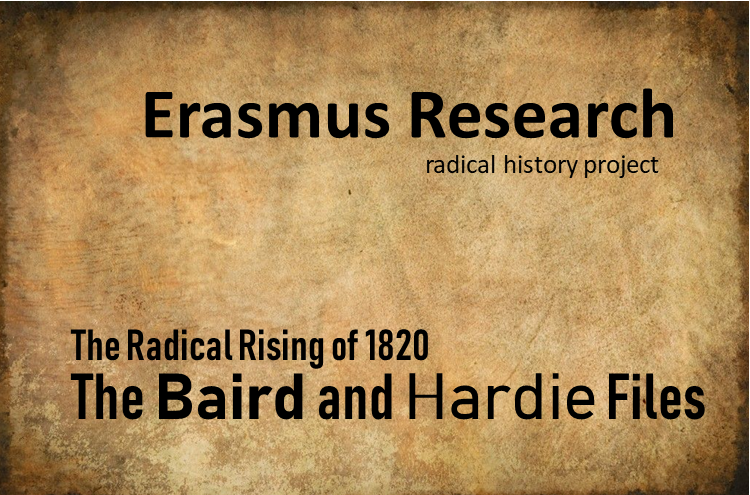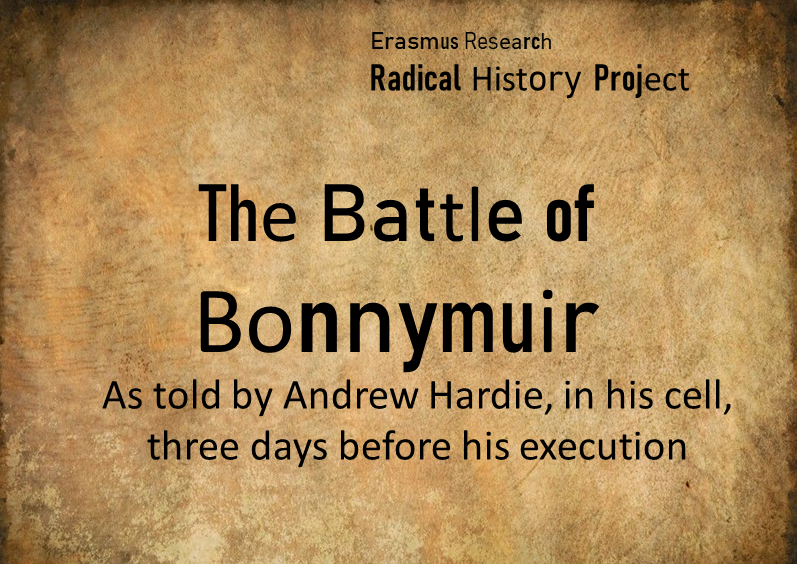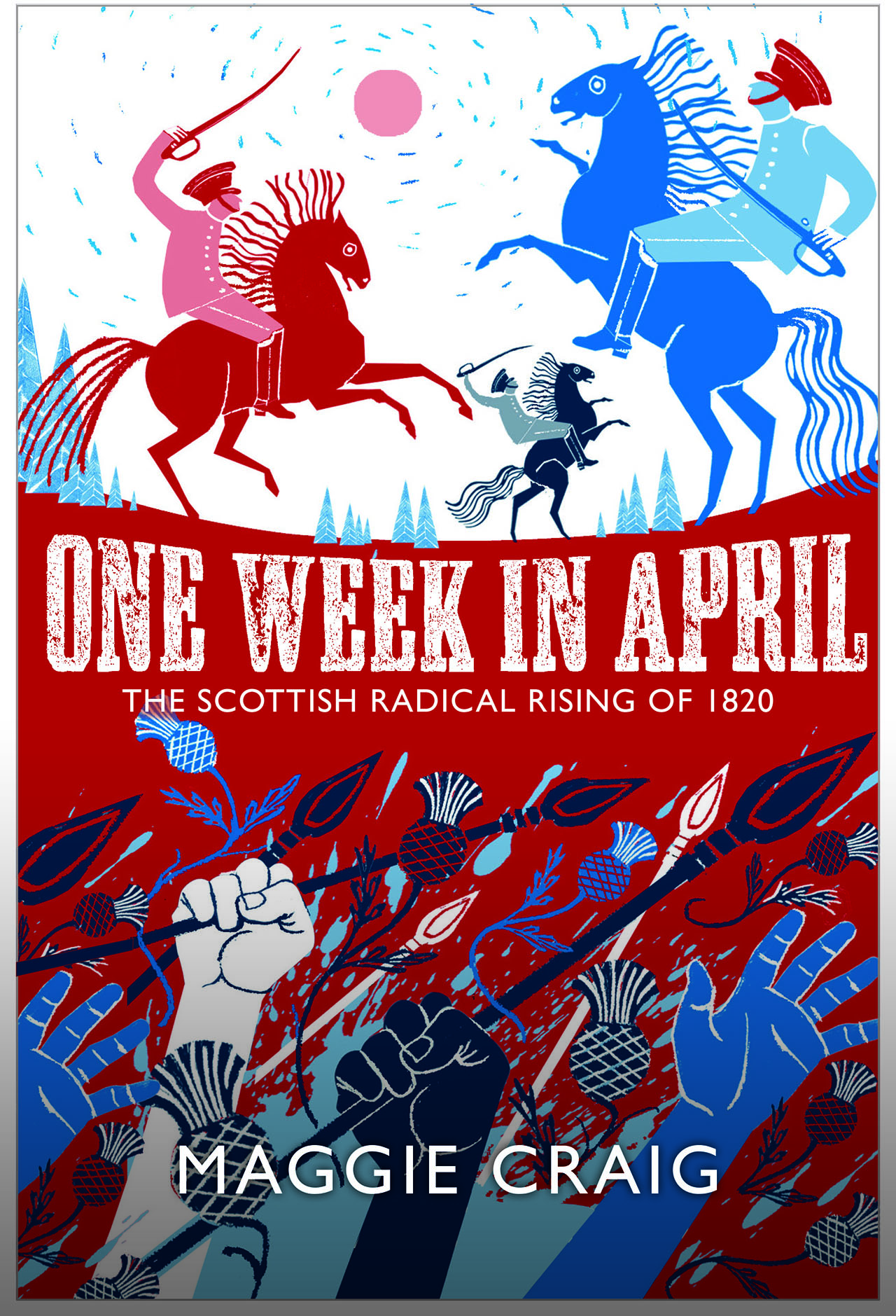Rafael Schlembach’s “Spycops: Secrets and Disclosure in the Undercover Policing Inquiry” serves as a timely and insightful guide to the ongoing Undercover Policing Inquiry in the UK. Schlembach offers a detailed examination of the undercover policing scandal, providing historical context, key revelations, and an exploration of the broader ethical and societal implications. The book delves into the abuses suffered by those whose lives were infiltrated by undercover officers, particularly highlighting the exploitation of women activists and the use of deceased children’s identities as cover names.
While much of this has been documented elsewhere, Schlembach’s key contribution lies in his forensic analysis of the tactics employed by state actors to maintain secrecy and avoid accountability. He meticulously unpacks how legal frameworks, including the Human Rights Act 1998 and the Data Protection Act 2018, intended to protect citizens, were instead manipulated to shield the state and its operatives. This manipulation is evident in the Inquiry’s reliance on restriction orders, demands for anonymity, and secret evidence hearings, all of which hindered the pursuit of truth.
Schlembach uses the Inquiry to demonstrate precisely how, when the state encounters unfavourable laws, it simply changes the law to be more favourable to its own interests. When the police sought to use the previous convictions of the non-state core participants, most of whom had their lives infiltrated by the intrusive deployment of undercover police, the law became an impediment to progress. The first problem was that the truth about these convictions, many if not most of which had arisen from actions that were encouraged or jointly carried out by undercover officers on deployment, would open the door to a raft of claims based on miscarriages of justice. The second problem, was that they were ‘spent convictions and were therefore inadmissible. The only way round this was to change the law.
Thus, Inquiry Chair, Sir John Mitting duly asked the Justice Secretary to lay before Parliament an amendment to the Rehabilitation of Offenders Act 1974, to remove the protections of those with spent convictions whilst maintaining the same degree of secrecy. This was not the first time the law was used to diminish the rights of the victims of the police, and, it turns out, it wouldn’t be the last.
This rewriting of the law, in favour of the police, allowed the Inquiry to uphold the vast majority of the restriction orders to ensure the anonymity of the police core participants on the grounds that those spied upon might seek revenge for the role the police played in the convictions of activists. Even the identities of deceased officers were protected, upon the request of their family members, lest the harms suffered by the victims of undercover police deployments affect, in some way, their own right to privacy, under the terms of Article 8 of the Human Rights Act 1998.
In short, while the victims of undercover policing deployments were using Article 8 of the Human Rights Act 1998 to pursue the truth, the police more successfully used the same Article 8 provisions to conceal the very truths being sought by the Inquiry and those whose concerns it claimed to uphold.
The other area that Schlembach highlights revolves around the Data Protection Act 2018. A number of the legal representatives for those who were spied on, were experts in this relatively new area of the law, and brought to Mitting’s attention the fact that as the court was processing their client’s data, their clients would have the right to obtain that data by submitting a Subject Access Request. The possibility of state victims of undercover police spying having access to information written about them by state actors posed yet another problem for the Inquiry. This, as Schlembach shows, is representative of the extent to which obstacles are simply swept aside, if and when, they prove to be a nuisance to the machinery of the state. Thus, with regard to the rights of non-state participants to the information that would be available through Data Protection legislation, Mitting acknowledged that the Inquiry had reached something of an impasse. Mitting accepted that the Inquiry could not be both lawful and exist; insisting that its existence had to trump its lawfulness. The interests of the state, once more, took precedence over the rights of those it claimed to be protecting.
As Schlembach shows, human rights, initially meant to challenge power, can all too often be co-opted to reinforce it. Throughout the Inquiry, the Chair, Sir John Mitting, consistently privileged the rights of state actors over those of the victims, further entrenching the power dynamics that the Inquiry was supposed to scrutinize.
Perhaps, though, there is another layer to unveil. There appears, under the scratches made to the surface of this inquiry, to be a deeper, hidden truth. The contradictions that continue to emerge from a process referred to by some as ‘the UK’s most secretive public inquiry’ (Tom Fowler, among others), show the extent to which the common-sense, taken-for-granted, official and legitimate view of the state is largely illusory. The state is a legal fiction, made up to serve the interests of those who have appropriated the machinery of state.
That the Undercover Policing Inquiry turned out to be an utter whitewash would realistically have surprised no one, less so, those who participated in seeking some degree of ‘justice’. The point of participating in this process, perhaps, is not to find answers, to get justice, or to have the truth laid bare. No one was naïve enough to think that a judge-led inquiry could deliver answers, justice or indeed any degree of ‘truth’. What was important was allowing the process of ‘public’ inquiry to demonstrate the extent to which the state itself is both a product, and a producer of, the legal field. Lawyers, judges, and other legal actors are not just neutral interpreters of the law; they are actively involved in shaping and reinforcing the state’s power through their work. This reciprocal relationship between the state and legal professionals ensures the continuity and stability of the state’s authority.
In conclusion, Rafael Schlembach’s “Spycops” critically examines the UK’s Undercover Policing Inquiry, shedding light on the state’s use of secrecy and legal manipulation to avoid accountability for policing abuses. Through detailed analysis, Schlembach reveals how laws designed to protect citizens were subverted to protect the state, highlighting the Inquiry’s role in perpetuating power imbalances rather than addressing them. This book is an essential resource for understanding one of the most significant policing scandals in recent history and the broader implications for justice and human rights. This timely book unmasks the extent to which the police are, in every political context, the state police. It also serves as reminder that ‘justice’ for the working class is rarely, if ever, won in a British court of law.







